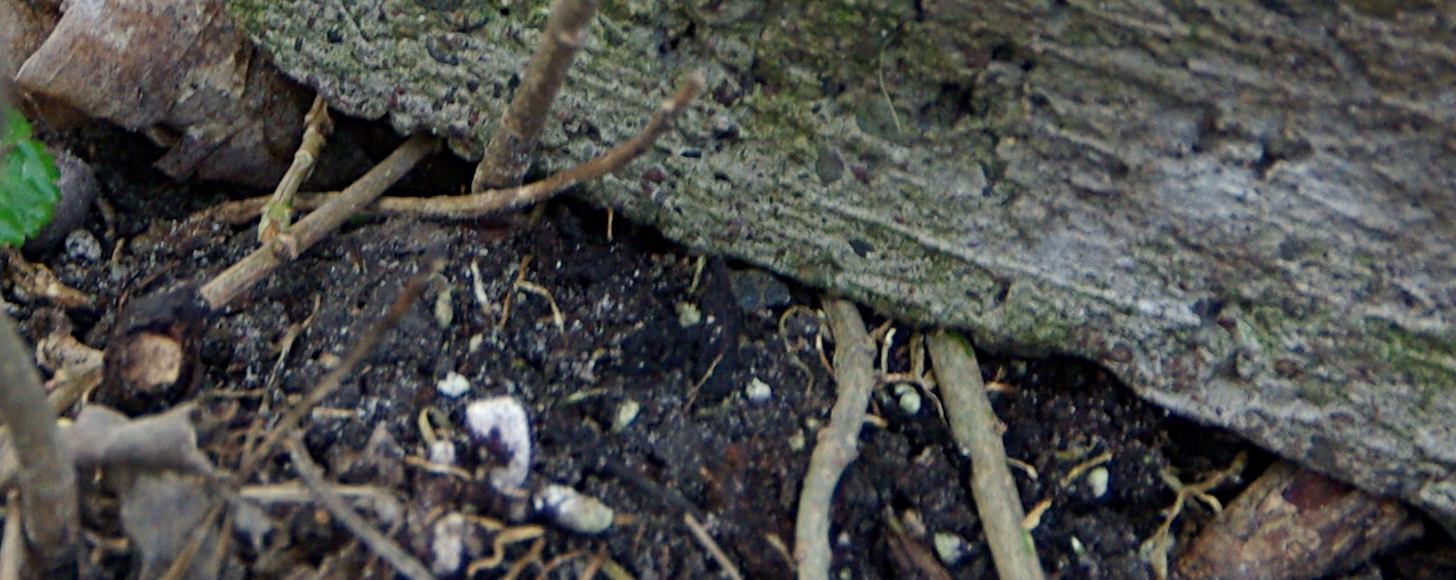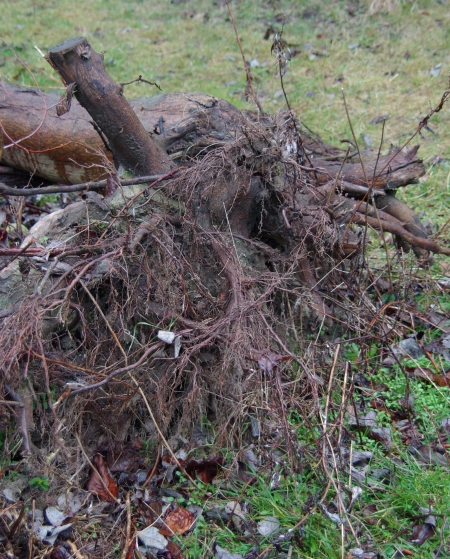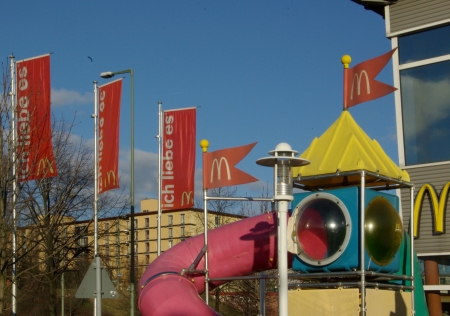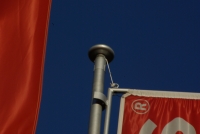I am currently putting together arguments and structural comments (concerning realizability etc.) for a global academic platform which is organized as a kind of “global scientific parlament”. Some arguments were introduced in past blog posts (please see here and the corresponding links therein). A pdf document is on its way, regardless wether there is an interest in it or not. Comments are highly welcome….especially from bee, who made a comment to an earlier post!! this thing here needs a critical review.
The following text puts an emphasis on the representative character of such a platform:
In the last years internet communication has taken a leading role in overall societal life. This holds not only true for the western world, but is more and more also evident on a global level.
New forms of social networking and social communities grew within no time, partially furthered by networking tools, such as wiki’s, blogs, cvs repositories, commercial networking sites (e.g. myspace, facebook, xing) or other forms of community forming platforms reaching from online gaming platforms like world of warcraft, over environments such as second life, and online learning platforms to customer services of online stores.
Political life has partially merged into this process. Every major political party has at least a website. Political leaders have their own website. International organisations have their websites etc. Political messages are distributed not only via custom media, like newspapers, TV stations but more and more often via politically colored blogs or directly on media such as youtube.
Political communication platforms such as the World Economic Forum, Fora.tv etc. provide meeting and information spaces.
However academic life, which had online networking tools long before the internet and whose networking tools (like the html format, server architecture etc) laid the grounds for the current boom takes an astonishingly hidden role in this development.
Universities of course have their own website. Moreover a great deal of academic life takes place online. Online registrations, augmented learning, student networks, research overviews, publication lists, lecture notes etc. are almost standard at every bigger university. Moreover university members
take part in investigations or provide information for foundations and political and ecomomic institutions (like the IPCC) and thus they play a strong role in the political communication process. However all these contributions are rather hidden. Even in cases where the participation of academic members is emphasized these are usually mentioned in diffuse terms like “leading climate scientists” or “experts in genetic engineering”.
Another important hidden role of academia is the contribution to knowledge accumulation within the internet. This is not only provided via the university portals, but by the participation of university members in collaborative environments such as wikipedia.
In stark contrast to this there is an often strong neglectance of academia and educational institutions in politics. This neglectance takes on various forms. It may be as direct as budget cuts for research and educational institutions or it may be more subtle with methods reaching from restraining the autonomy of universities, interference of politics in academic processes with ideas like “elite formation” to concrete structural desicions like employment and funding regulations.
These political measurements take usually place on a national basis, although research is highly international.
The international organizations which are devoted to represent educational institutions like the UNESCO provide informations on educational topics, in part also on research content, they provide tools for collaborations, however they are mediators, moreover their mediating role is usually limited, which results e.g. in predefined priorities.
Similar things hold true for Science organizations, i.e. they represent scientific life to a certain degree and mediate between academia and society. This role is important however not exhaustive enough.
In particular the “weakness” of science organisations to represent educational institutions has a structural reason. On one hand it is the relatively small organisatorial size (like the UNESCO Sciences Sector has about 200 staff members (which could be small if you are looking for a direct adressee to set up on a science related question)) on the other hand it is the very role as a mediator which diminishes the influence of a science organization.
The above should serve as a fast explanation that there is and why there is a certain lack of a direct active representation of academia and academic questions in societal life. Such a representational lack could -at least in part- be filled by an official academic platform, which is directly and globally run by all (or almost all) educational institutions.



 “no nodes and ways in the paths of a
“no nodes and ways in the paths of a 
